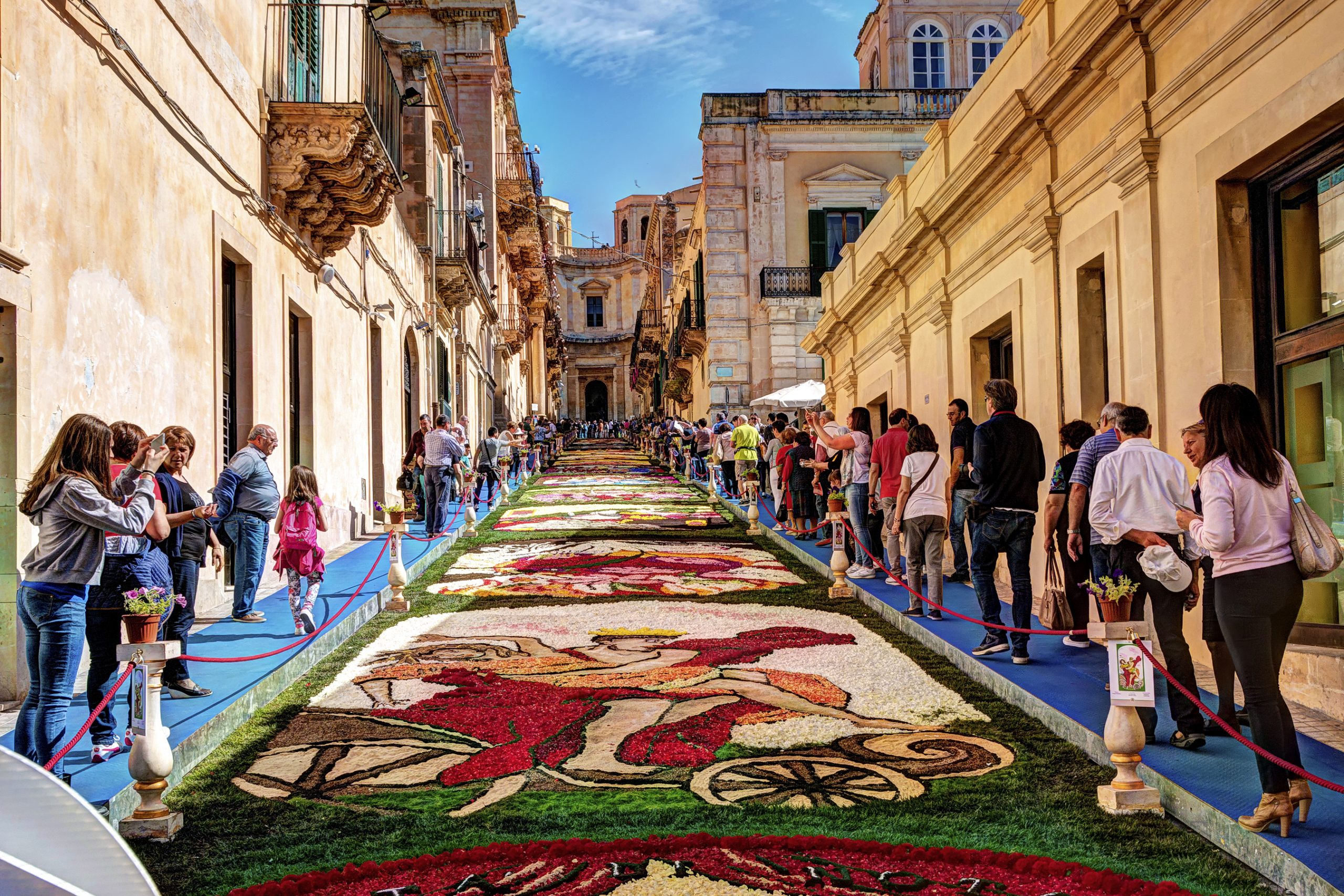Rome would not have been the same “Eternal City” or “Caput Mundi” without its first emperor. August 19 marks the 2,000th anniversary of the death of Emperor Augustus. Many exciting exhibitions will be available to the public for the very first time as Rome prepares to celebrate this extraordinary historical figure.
Augustus was born Gaius Octavius on September 23, 63 BC. His great-uncle, Julius Caesar, was assassinated in 43 BC, choosing Augustus as his heir. Augustus sought to avenge Caesar by defeating Anthony and Cleopatra. He destroyed them during battle in 31 BC, becoming the undisputed ruler of Rome.
When Octavius assumed his kingdom, he took the name Augustus, meaning “serene” or “lofty”. Augustus brought great peace and stability to the empire, setting the framework for the following four centuries. He reigned from 27BC until his death in 14AD.
The events will commence at Palatine Hill, Augustus’ home that subsequently became the seat of the Roman emperor.
The Palatine Museum will display a restored ground floor and an upper floor with brand new multimedia equipment and a film dedicated to Augustus. Augustus’s entire house has been excavated and will be revealed to the public for the first time ever.
Of particular interest is the House of Livia Drusilla, Augustus’s beloved third wife and trusted advisor. She gave birth to Tiberius, who would be Augustus’ heir and emperor of Rome.
The underground formal dining room, known as the triclinium, has been refurbished with elaborate fresco paintings.
The Diocletian Baths, one of the complexes of the National Roman Museums, with a restored swimming pool complex and an adjacent hall holding architectural fragments from the baths, will open on September 24th.
The Roman Forum path from the Vico Lugario to the Basilica Giulia, which has been closed to the public since the 1980’s for restoration of its original topography, will reopen on October 1st.
Maintaining its reputation as the cultural and historical hub of Italy and Europe, Rome invites visitors to come and be bewitched by the magnificent celebration of the life and reign of Emperor Augustus.






























